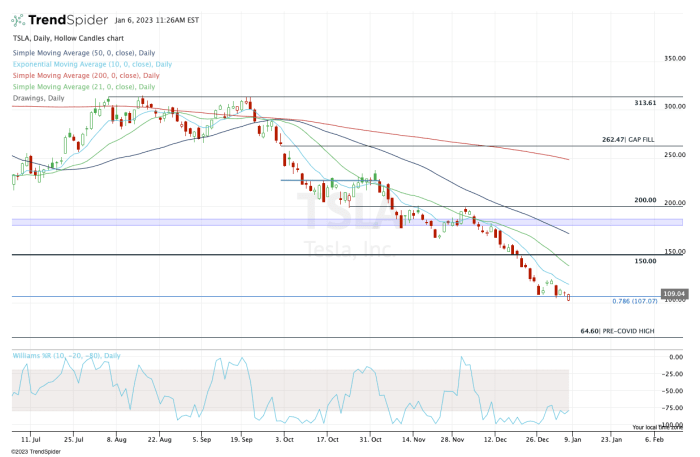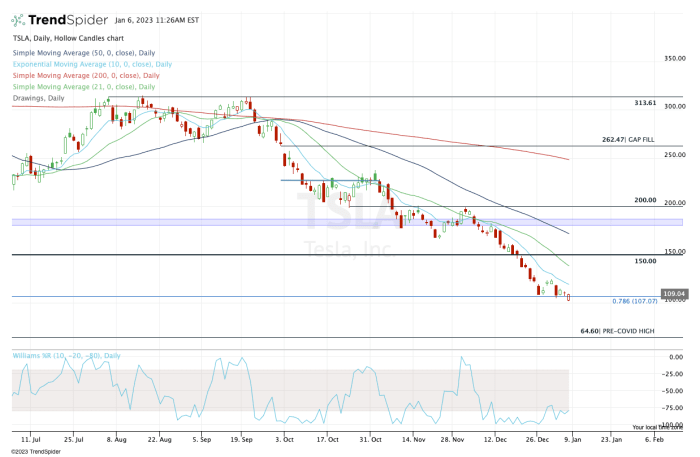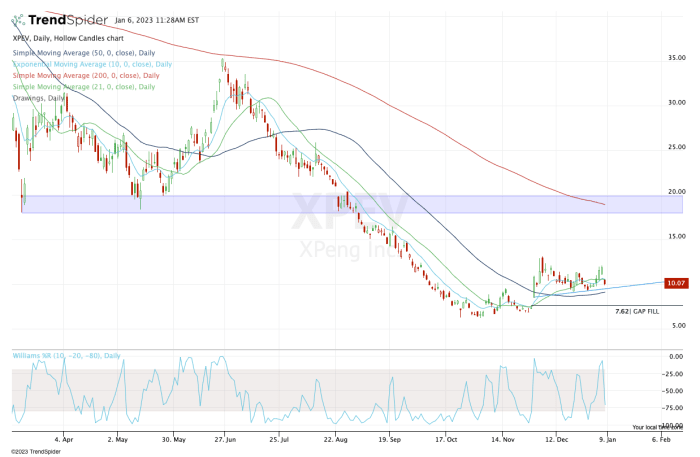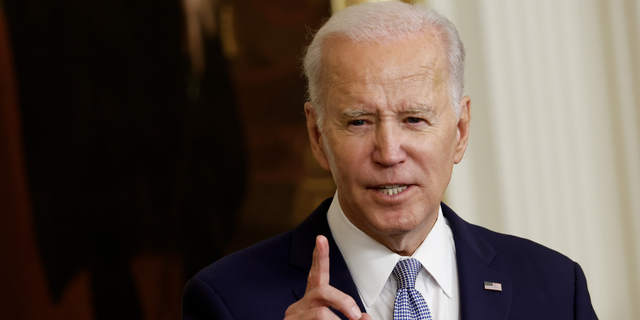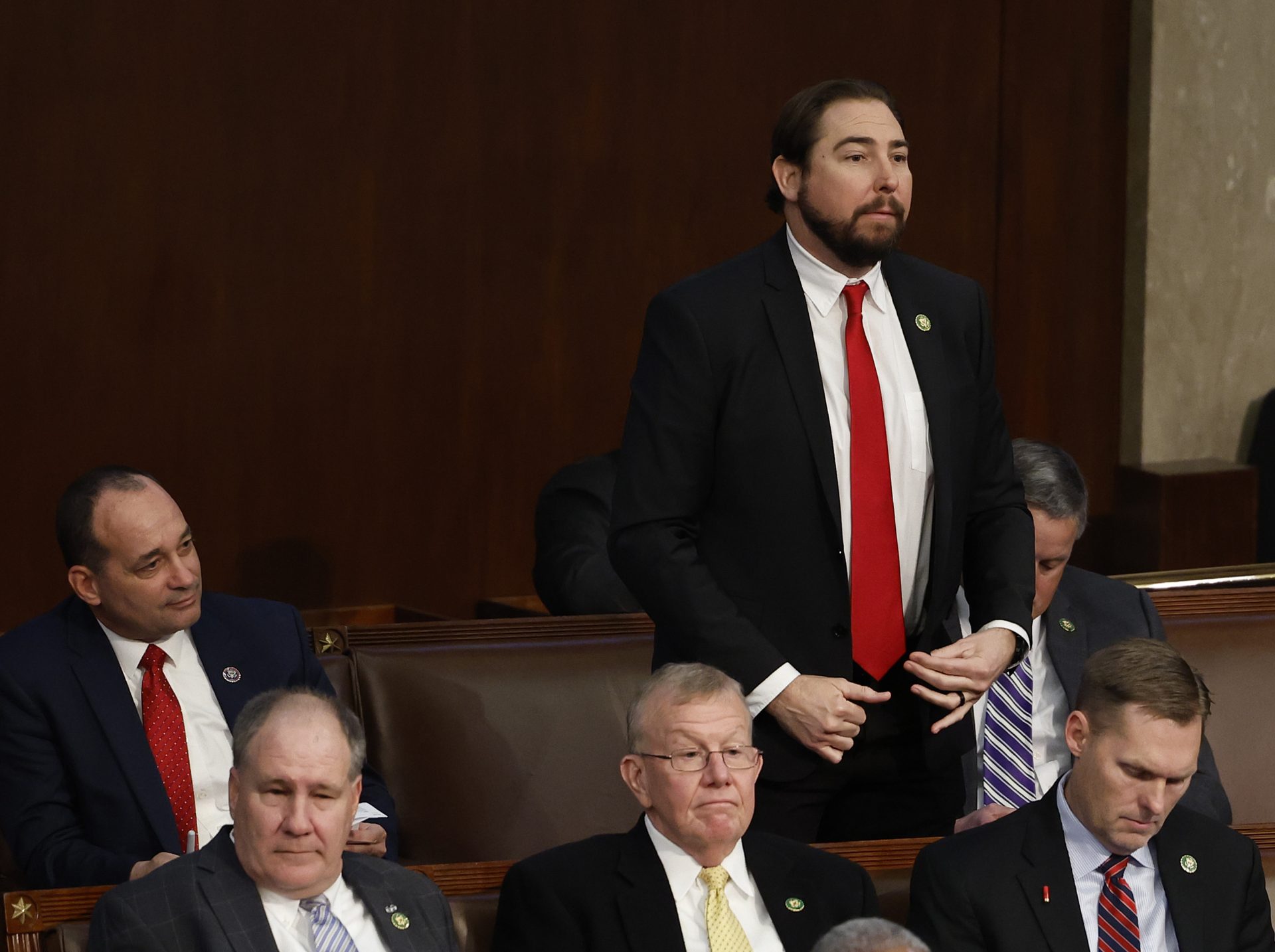Editor’s Note: Dr. Peggy Drexler is a research psychologist, documentary film producer and author, including two books about gender and family and the forthcoming “Mean,” a book about women behaving badly, to be published by Simon & Schuster in 2024. Her latest film, “King Coal,” will premiere at the Sundance Film Festival in 2023. The opinions expressed in this commentary are hers. View more opinion on CNN.
CNN
—
The soap opera that is Prince Harry versus the British monarchy continued this week with the buzz surrounding the upcoming release of his memoir, “Spare.” Contents leaked from the book and released excerpts from his forthcoming interviews with “60 Minutes” and ITV offered some eyebrow-raising anecdotes and heightened the already-sharp tension between the Duke of Sussex and his wife, Meghan Markle, and the royal family. Lurid details aside, the most notable disclosures included new details about Harry’s relationship with his brother, Prince William, whom Harry apparently refers to in the book as his “arch nemesis.”
Public interest in the royal family is at an all-time high — thanks to both real world events that include the loss of Queen Elizabeth II, the impending coronation of Harry’s father King Charles III and the resignation of former Prime Minister Liz Truss, and to the wild popularity of fictionalized series like “The Crown” — and Harry and Meghan are certainly capitalizing on that. Meanwhile, the royal family, including William, has remained silent.
Good for them. Where Harry may have once engendered some sympathy for having endured a lifetime of being the “spare” — the lesser of the two brothers, now fifth in line for the throne (coming in behind his 7-year-old niece, Princess Charlotte) — empathy is running short. Harry and Meghan quit the royal family amid complaints that they preferred a private life as “regular people,” no longer wanting the media attention that came with being royals, including being tabloid fodder. In an excerpt from an upcoming interview, Harry told ITV: “I want a family. Not an institution.”
And yet here they are, fully and willingly creating that fodder themselves.
And fodder it is. Among the gossipy allegations Harry lobs at his brother in “Spare” are details of a physical altercation between the two during which William knocked Harry to the floor and left him scratched and bruised, and claims that William and his wife, Kate Middleton, were the ones responsible for encouraging Harry’s controversial Nazi costume in 2005. Revelations in “Spare” also dish on Meghan’s relationship with Kate, including a claim that Kate demanded Meghan apologize for once suggesting she had “baby brain.” Buckingham Palace has repeatedly declined to comment on the book.

Through these disclosures, what we’re seeing is a little brother desperate to fight back against a lifetime of feeling inferior, but doing so in the dirtiest way possible. And, well, it seems pathetic.
Competition between children is common, and sibling rivalry between brothers even more so, especially when there are just two of them. Certainly, most aren’t born into families with set hierarchies that serve to remind them of their exact place. But brotherly discord has existed throughout time, inspiring countless works of art in all spheres (most of them tragedies). Harry is not special — his is one of the commonest dramas of human nature.

He’s also not a victim, nor blameless. While much has been made since their union began about Meghan’s influence on Harry’s defection from the family, by now it’s clear that he, wounded, went looking for what he needed: someone to help him separate from his family and, perhaps, someone who supported and understood his anger. He found it in her, a woman whose ambition drove her career as an actress and whose own family life included contentious relationships with her half-sister and her father; a woman who was not afraid to express herself, even to royalty.
It’s clear that Harry and Meghan are, at some level, trying to take control of the narrative about themselves after negative press coverage that brought misogyny and racism to bear on an already-toxic family dynamic. But Harry’s attempts now to heal those wounds by making public private family matters aren’t noble, and they won’t save him, either. In fact, through Harry’s revelations, one might now feel the most empathy for William, a man who was raised, from birth, with a set destiny, and, unlike Harry, few choices.
William will be king, and Harry will not. But whether that is something William desires, or something he’ll instead fulfill out of sheer patriotic and familial duty, is unknown. That’s because William is taking the high road of silence. Isn’t it ironic that we know so much more about Harry and Meghan, the couple who resigned from royal life because they wished to remain private, than the couple who opted to stay?
While we can, and should, have some disdain for how Harry has chosen to approach his life circumstances, it’s also possible to have some compassion for him — and understanding. He did not, after all, entirely create himself. And, sheltered and uber-privileged as he was for much of his upbringing, he is likely a fairly immature 38 year old.
Now, he’s pushing back against the machine that made him in the only way he knows how — and possibly doing so because it’s the only way he knows how to make his own money and live independently. He felt exploited as a child and younger adult; he’s now in turn profiting off his family (and earning an enormous amount of money in the process).
Perhaps someday we’ll hear from Harry as Harry, a man truly independent of the royal family from which he has claimed, time and again, he desperately wants to separate. Until then, we can likely expect more of the same negativity, blame, immaturity and victimization — qualities, in fact, quite unbecoming of a royal. But, then, Harry no longer is one.





